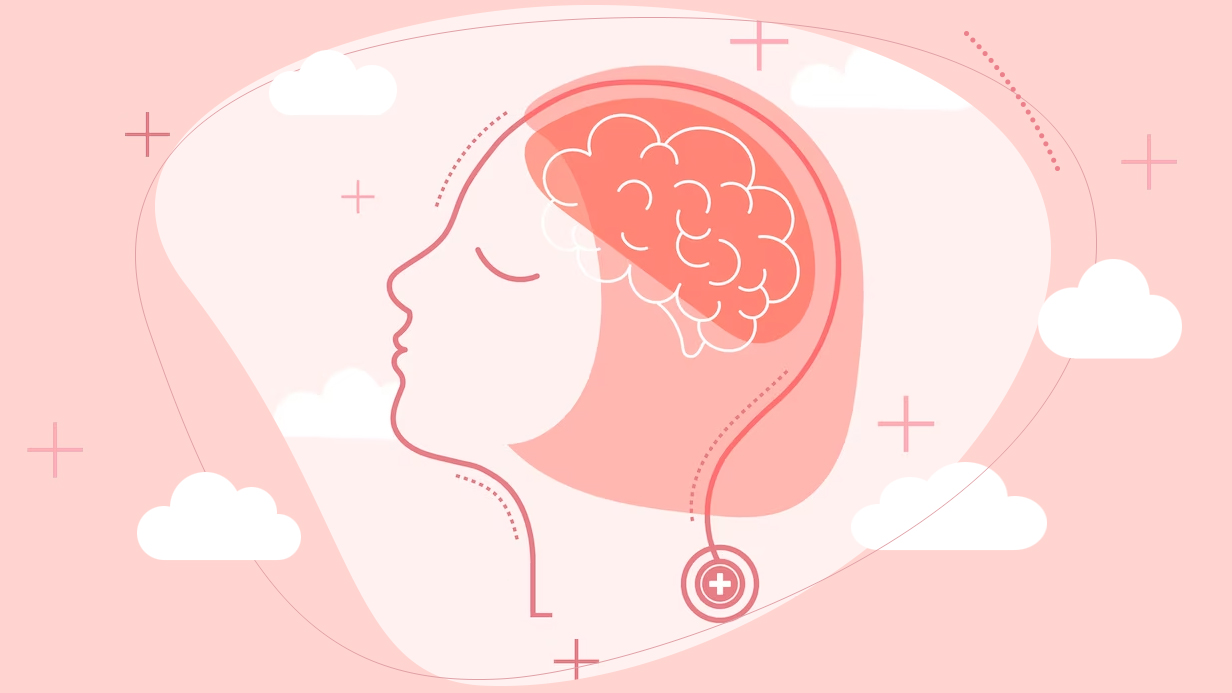You Can Do it!
Monday morning reminds us how important it is to choose a job you love. A positive thought in the morning changes your entire day.
Quote for the week
“You can’t stop the waves, but you can learn to surf.”
Jon Kabat-Zinn, mindfulness meditation teacher, author, and clinician
Rising above: The power of resilience in Mental Health
When something goes wrong, do you bounce back or fall apart? Life is unpredictable and everyone’s journey is different. One never knows when misfortune or setback can slap them across the face. Serious health problems or injuries, loss of a loved one, financial difficulties, job loss, divorce, breakups, or conflicts within a relationship, trauma, natural disasters, violence, or accidents, legal problems, substance abuse or addiction are just a few examples of possible life misfortunes and setbacks. What is the core skill that can help overcome these challenges and build emotional and mental strength? Answer – Resilience!
Resilience is one’s ability to adapt and cope with stress, adversity, or challenging life events. When you have resilience, you harness the inner strength that helps you rebound from a setback or challenge. If you lack resilience, you might dwell on problems, feel victimized, become overwhelmed, or turn to unhealthy coping mechanisms, such as substance abuse, eating disorders, risky behaviors, or even suicidal thoughts.
Resilience will not make the problem go away, instead will help us look past the problems, land in a positive space, and deal with the stress. Resilience is a major protective gear for mental health issues.
How to build resilience?
If you’d like to become more resilient, consider these tips:
- Stay connected: Lay the foundation for strong, positive relationships with loved ones, friends, and community, and build on it.
- Be mindful: Make your day count. Lead a mindful and purposeful life. day. Set clear, achievable goals that make you feel accomplished at the end of the day.
- Muscle memory helps: Your past experiences and coping techniques will come in handy during difficult times. Journaling is a great way to chalk the negative and positive behavior patterns to shape your future responses.
- Choose Hope: Accepting and even anticipating change makes it easier to adapt and view new challenges with less anxiety.
- Focus on Self-care: Embrace positive activities and hobbies you love. Add workout and physical activity to your daily routine. Of course sleep, a healthy diet, meditation, yoga, and prayer can help a great deal.
- Be aware: Prevention is better than cure. You can handle the situation better only if you are aware. Never minimize, deny, or ignore the warning signs. Remember that any situation will only improve if you work on it.
Remember, building resilience is an ongoing process and takes time and practice. But the benefits can be significant, including better mental health, greater life satisfaction, and improved coping skills in the face of stress and adversity. Reach out to mental health professionals if you are not sure of where to start or if you feel a guided program will help you make better progress.
